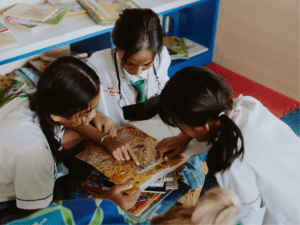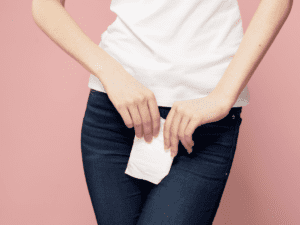
Period poverty remains a pressing issue affecting millions of women worldwide. The lack of access to affordable menstrual products creates significant challenges, impacting women’s health, education, and overall well-being. In this blog post, we will shed light on the issue of period poverty, its implications, and explore initiatives aimed at addressing this problem. Additionally, let’s break the silence and work towards a world where menstruation is no longer a barrier.
Understanding Period Poverty:
Period poverty refers to the inability to access sanitary products due to financial constraints, cultural taboos, or limited availability. It affects women in both developed and developing countries, leading to adverse consequences on their lives. Furthermore, the cost of menstrual products, along with social stigma and inadequate infrastructure, exacerbates the challenges faced by women and girls.
Global Statistics on Period Poverty:
1. The United Nations estimates that approximately 500 million women and girls worldwide lack access to adequate sanitation facilities for managing their menstruation.
(Source: United Nations)
2. According to UNESCO, 1 in 10 girls in Sub-Saharan Africa misses school during menstruation, leading to a significant educational disadvantage.
(Source: UNESCO)
Addressing Period Poverty:
Efforts to tackle period poverty are gaining momentum globally, with various organizations, governments, and individuals working towards sustainable solutions. Here are some initiatives making a difference:
1. Menstrual Education and Awareness:

2. Access to Affordable Menstrual Products:

(Source: Scottish Government)
3. Sustainable Menstrual Solutions:

4. Advocacy and Policy Change:

Period poverty is a global issue that affects the health, education, and dignity of women and girls. By acknowledging and addressing the challenges associated with period poverty, we can create a world where menstruation does not hinder opportunities and well-being. Through menstrual education, access to affordable products, sustainable solutions, and advocacy, we can break the silence, empower women, and build a more equitable society.

